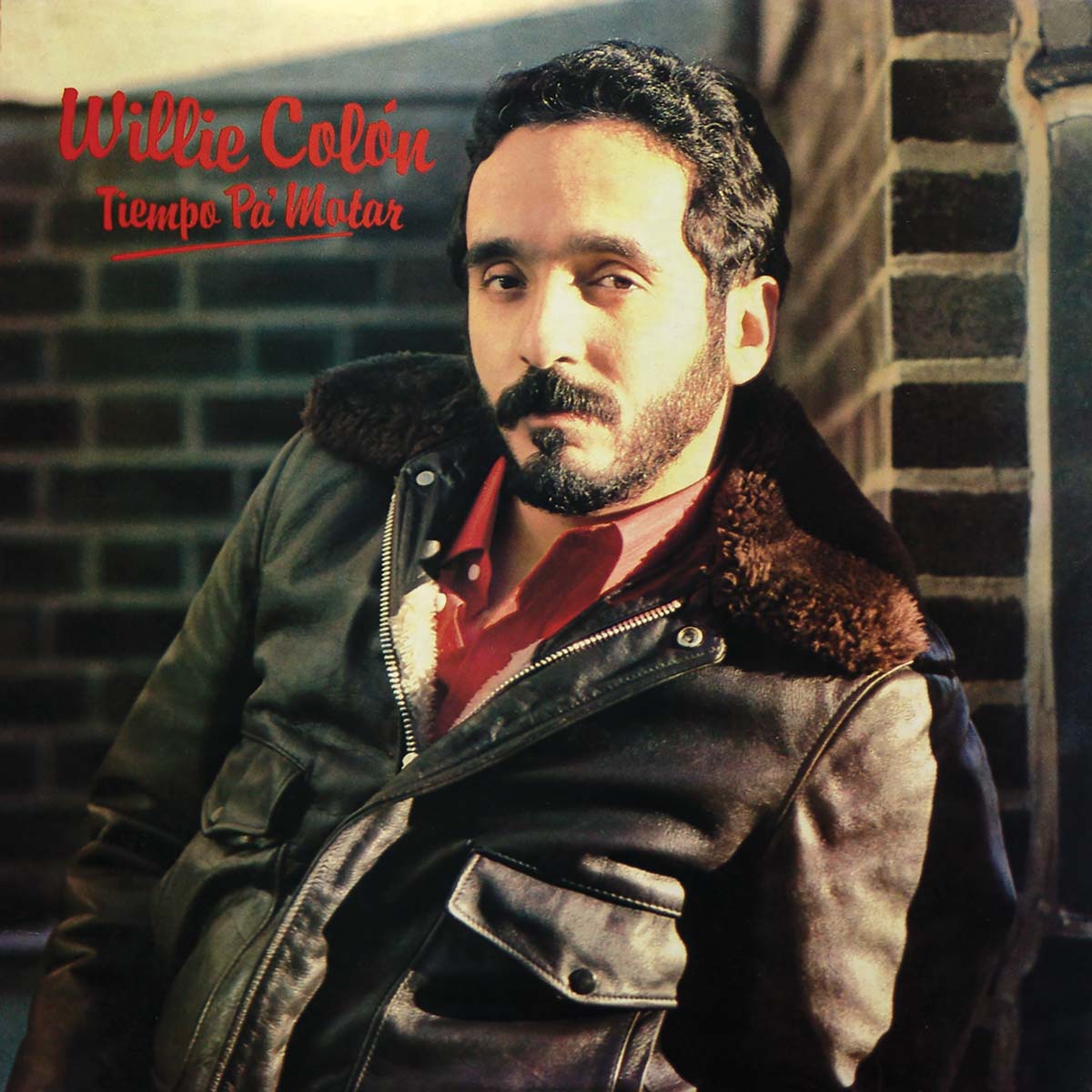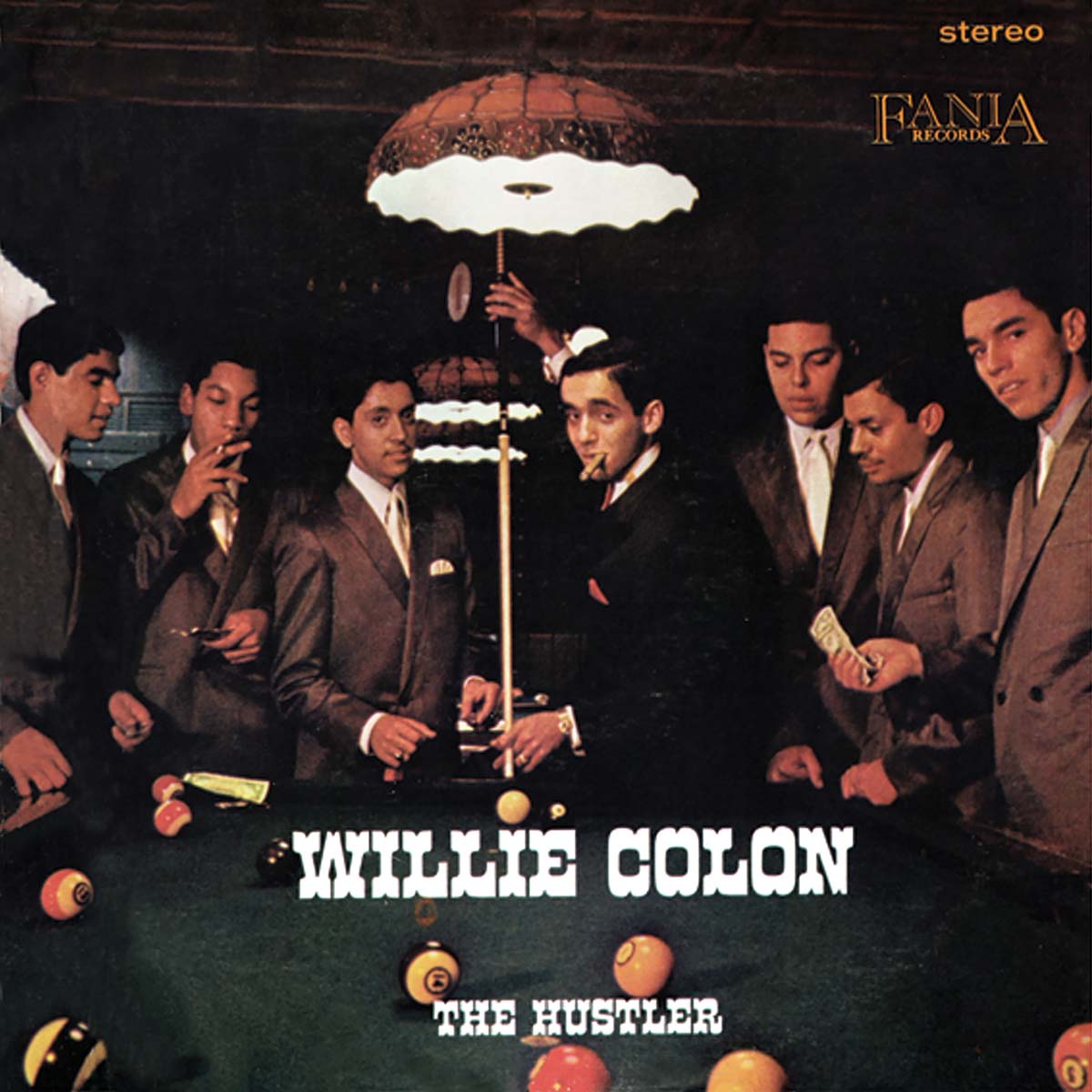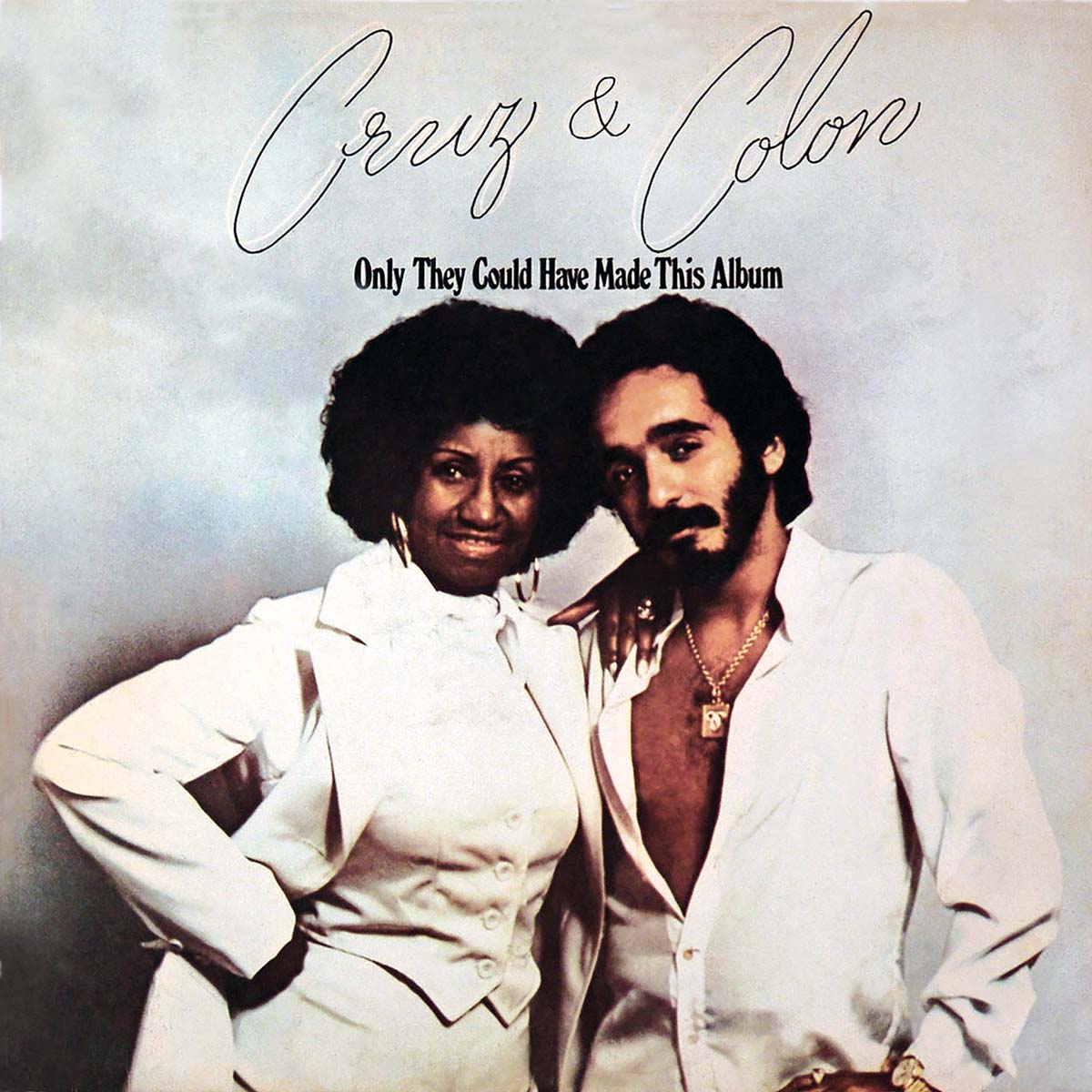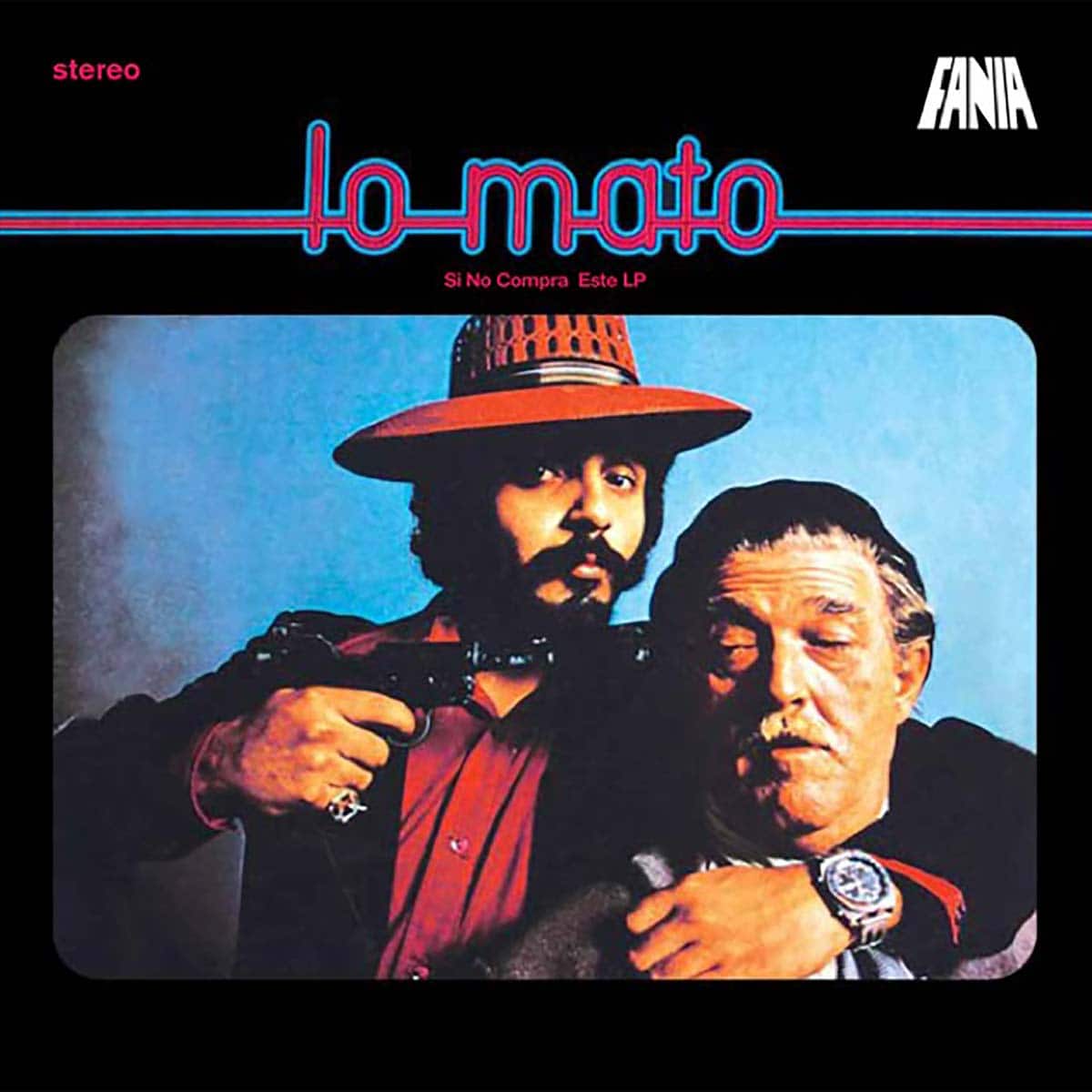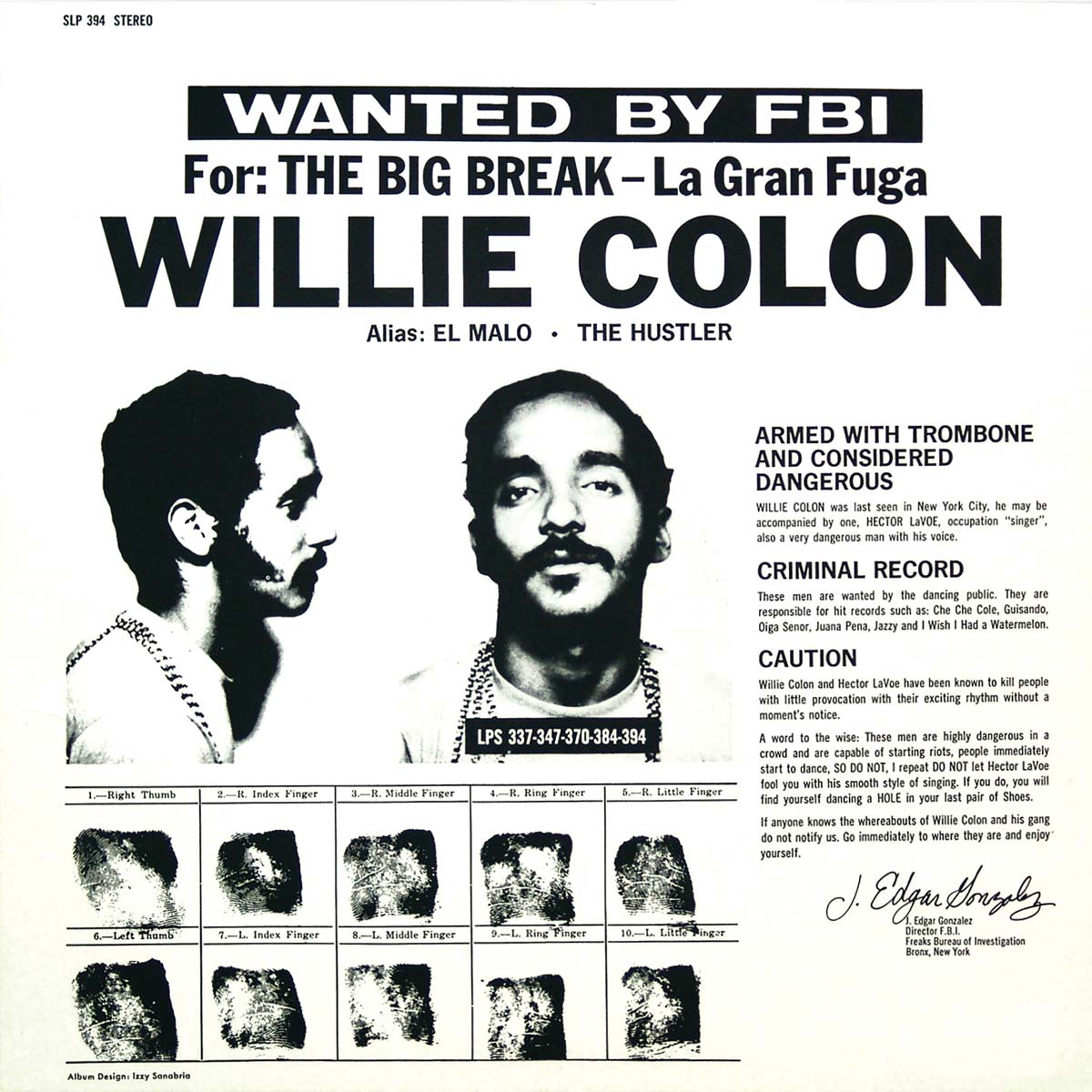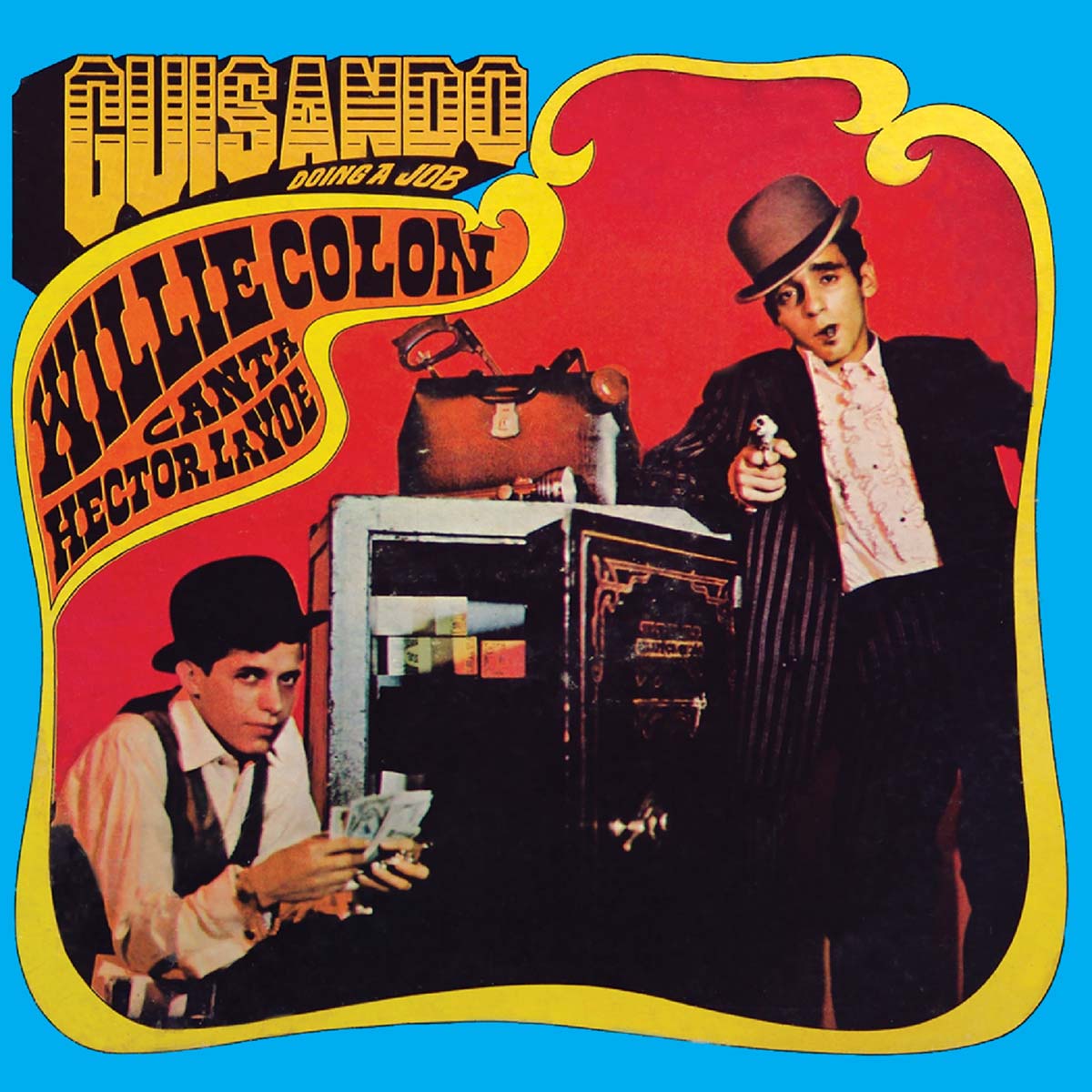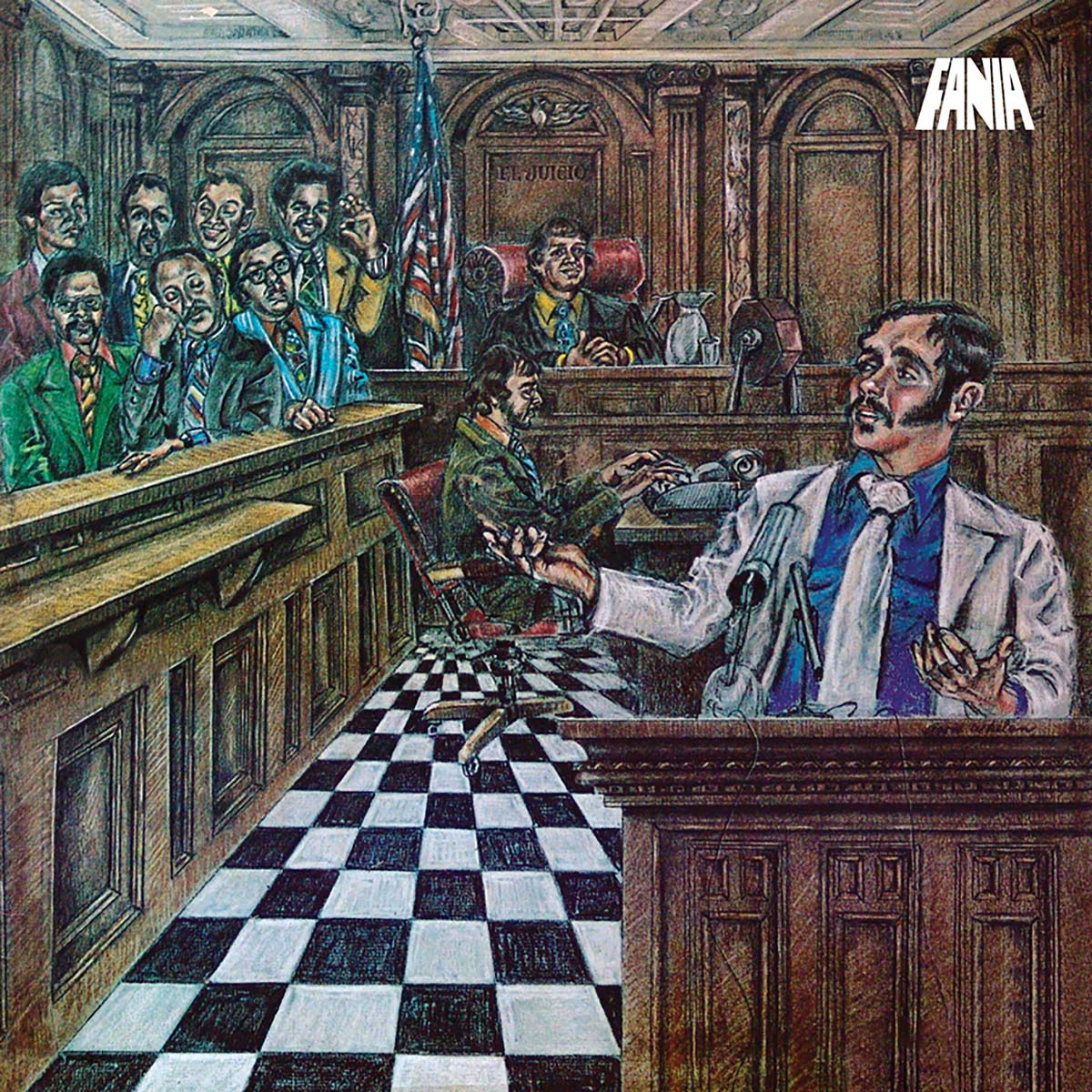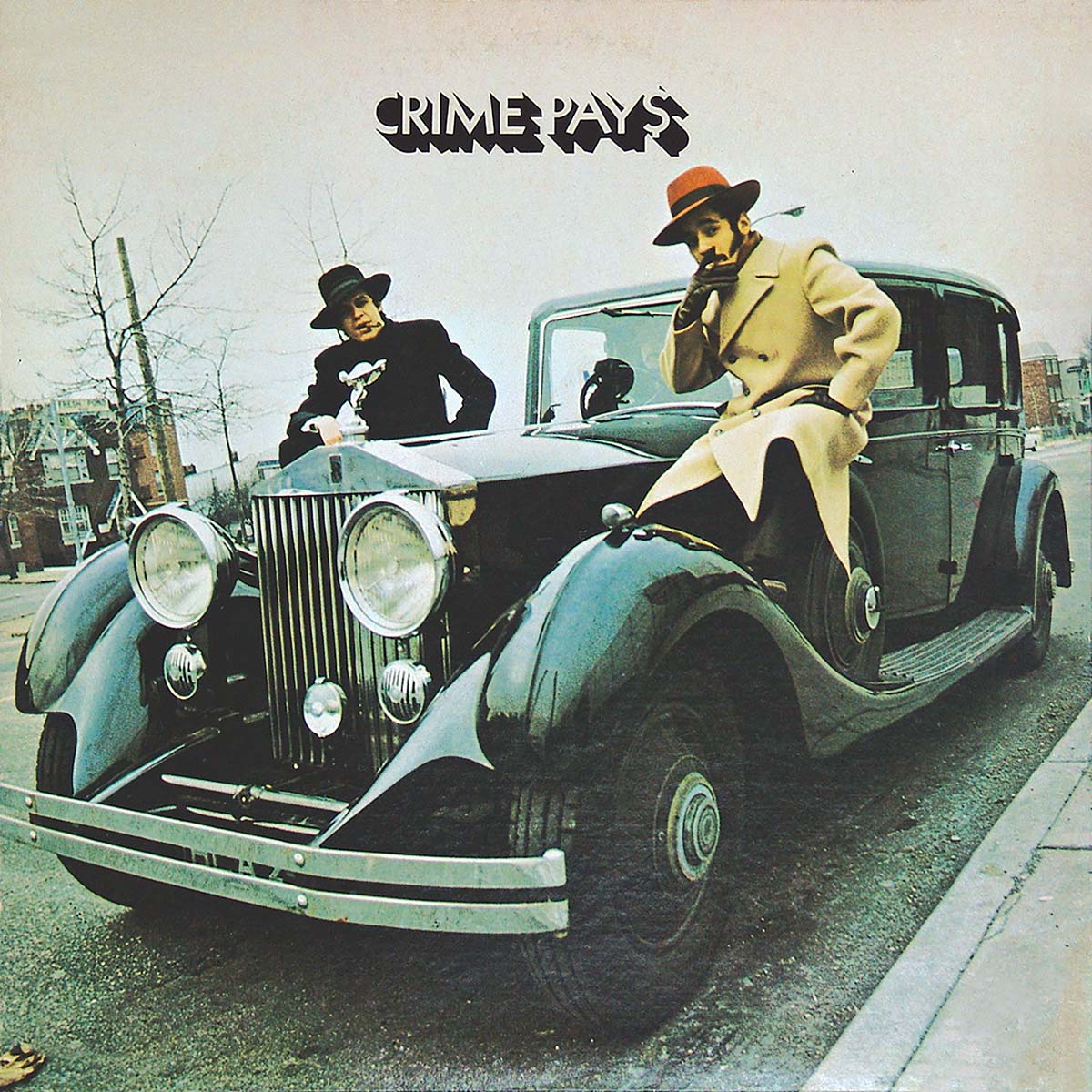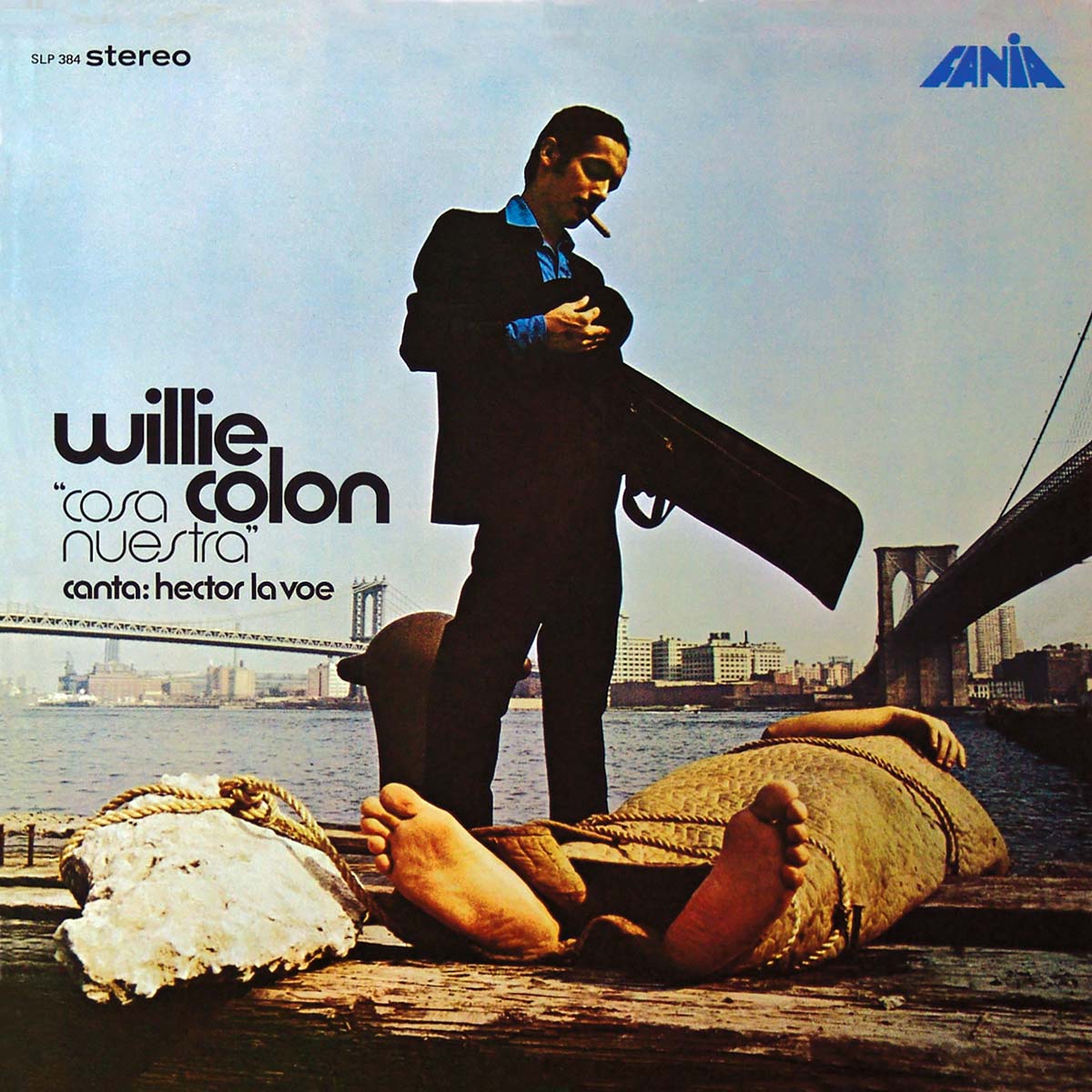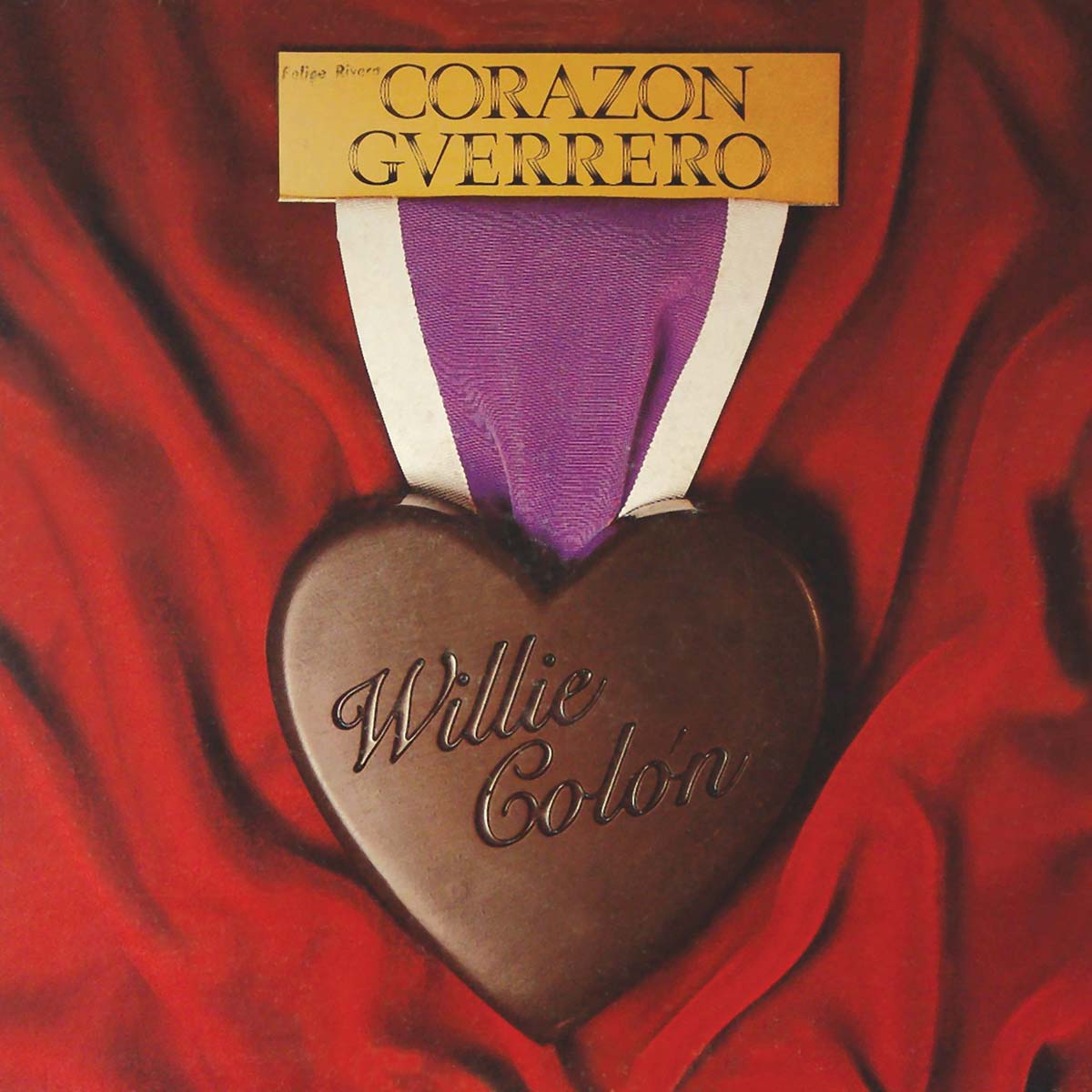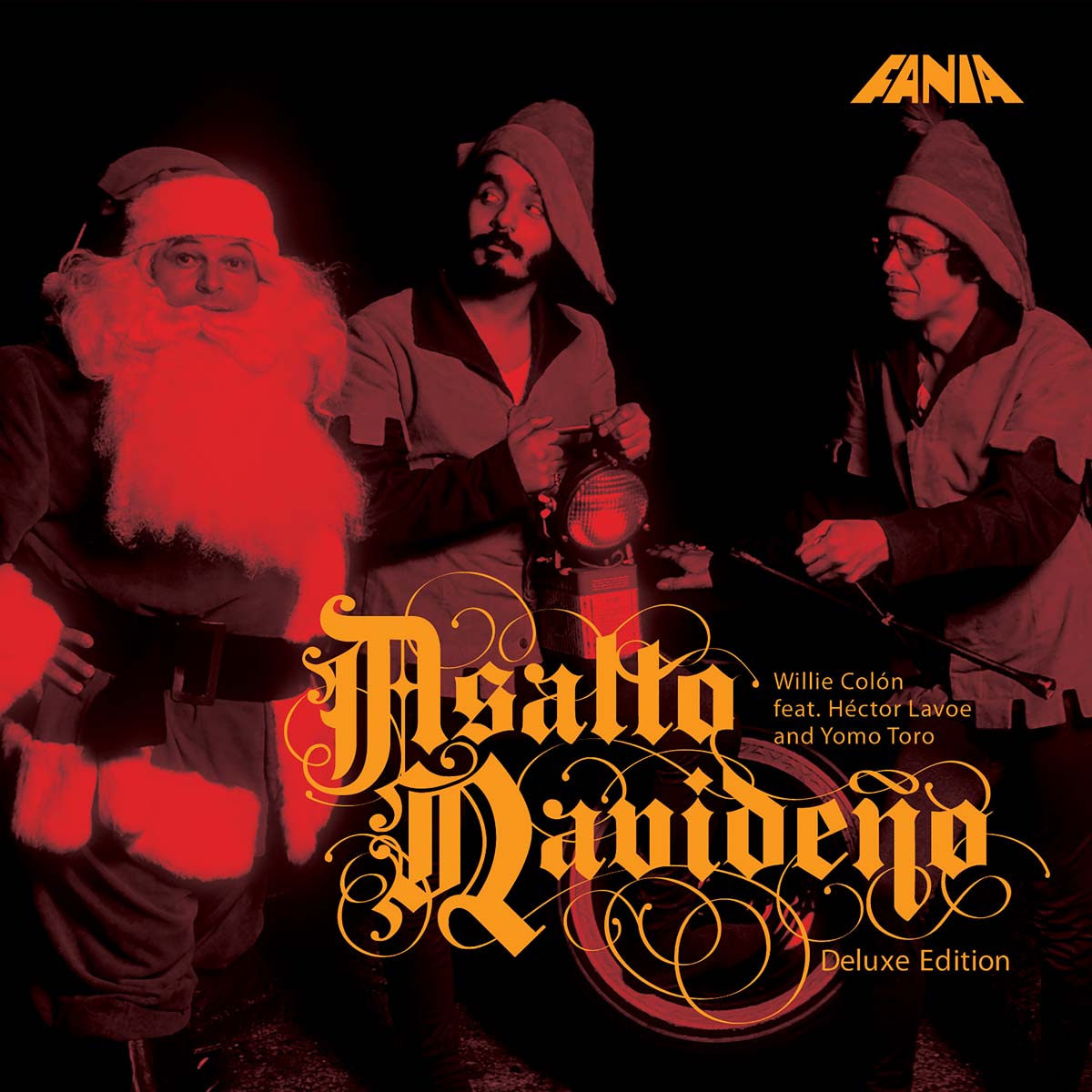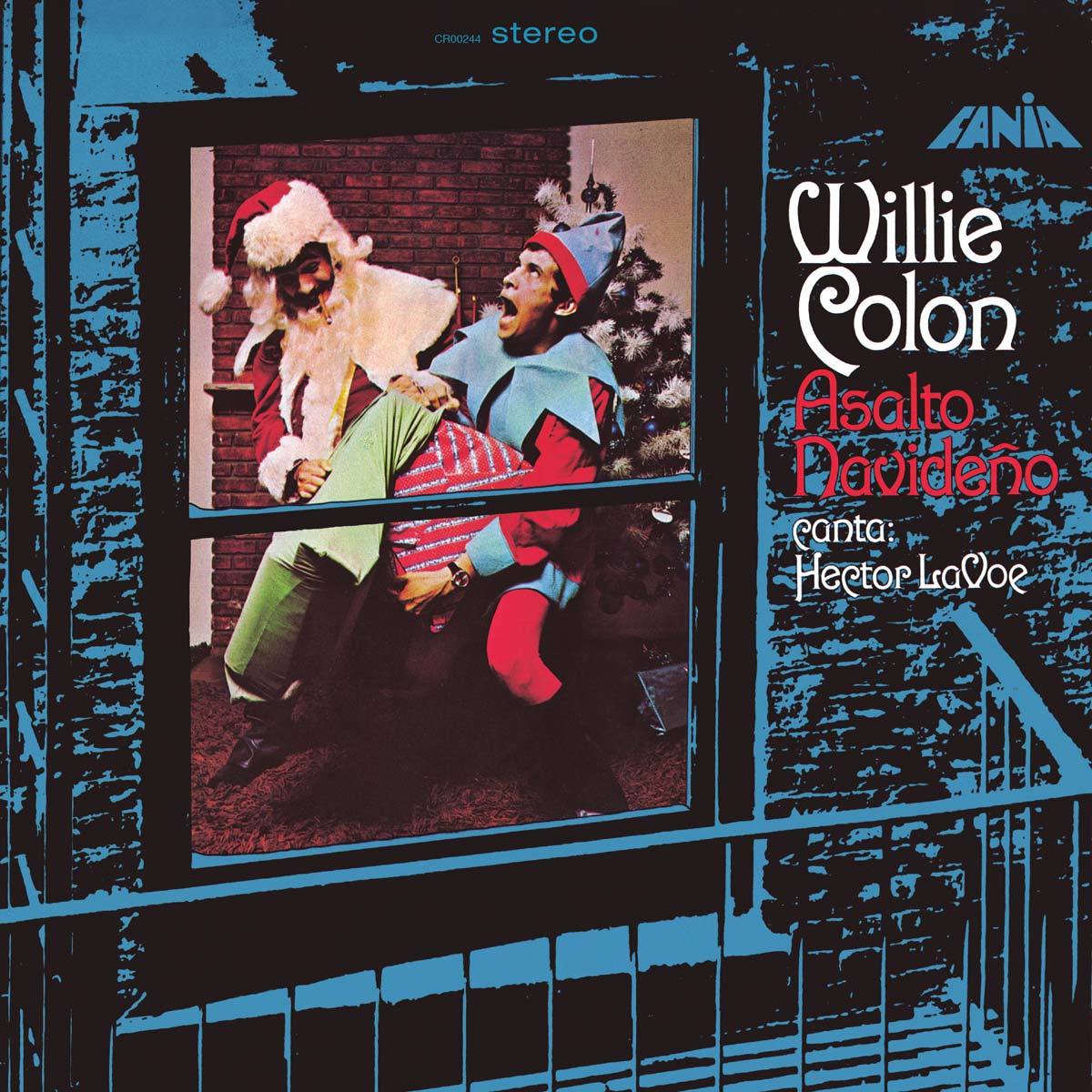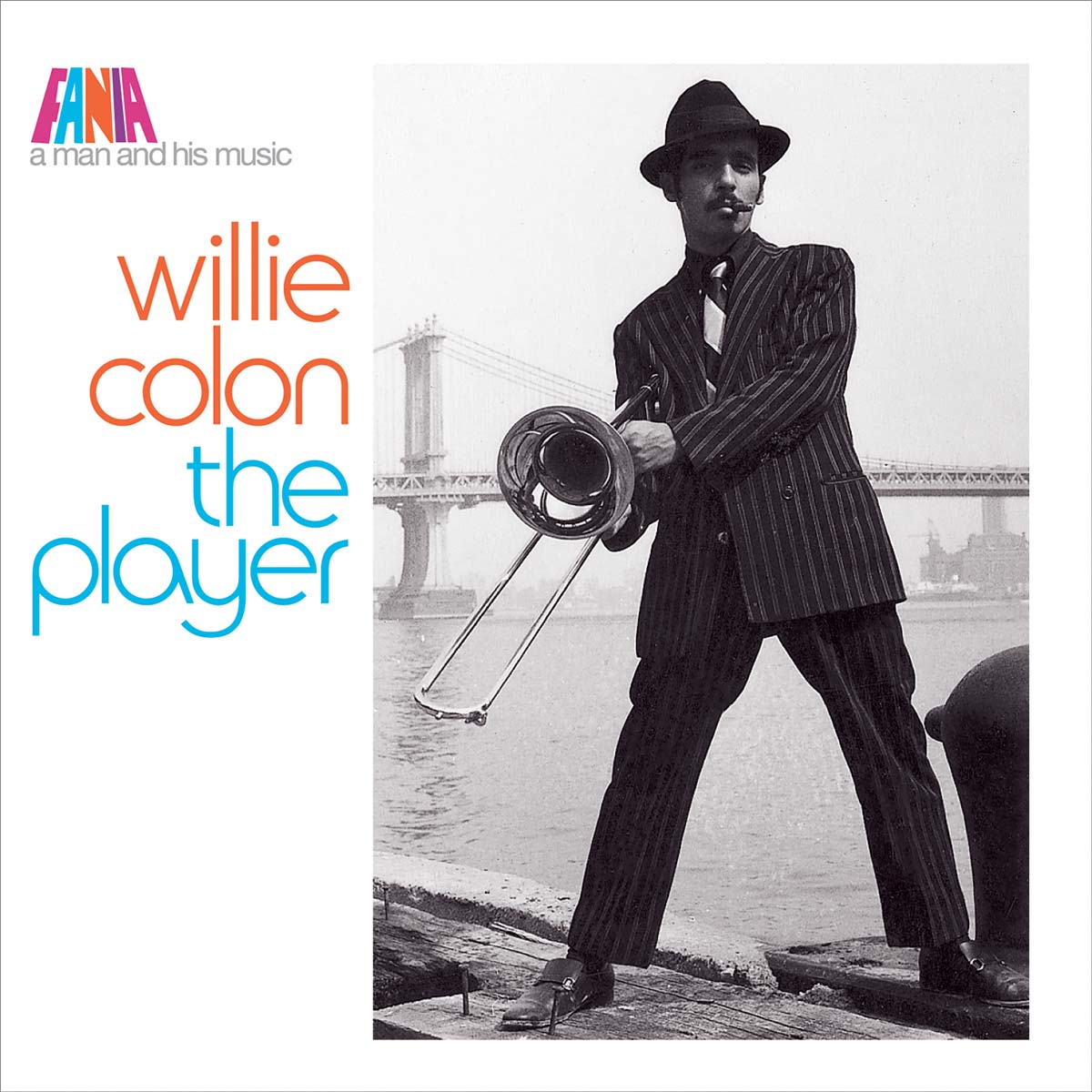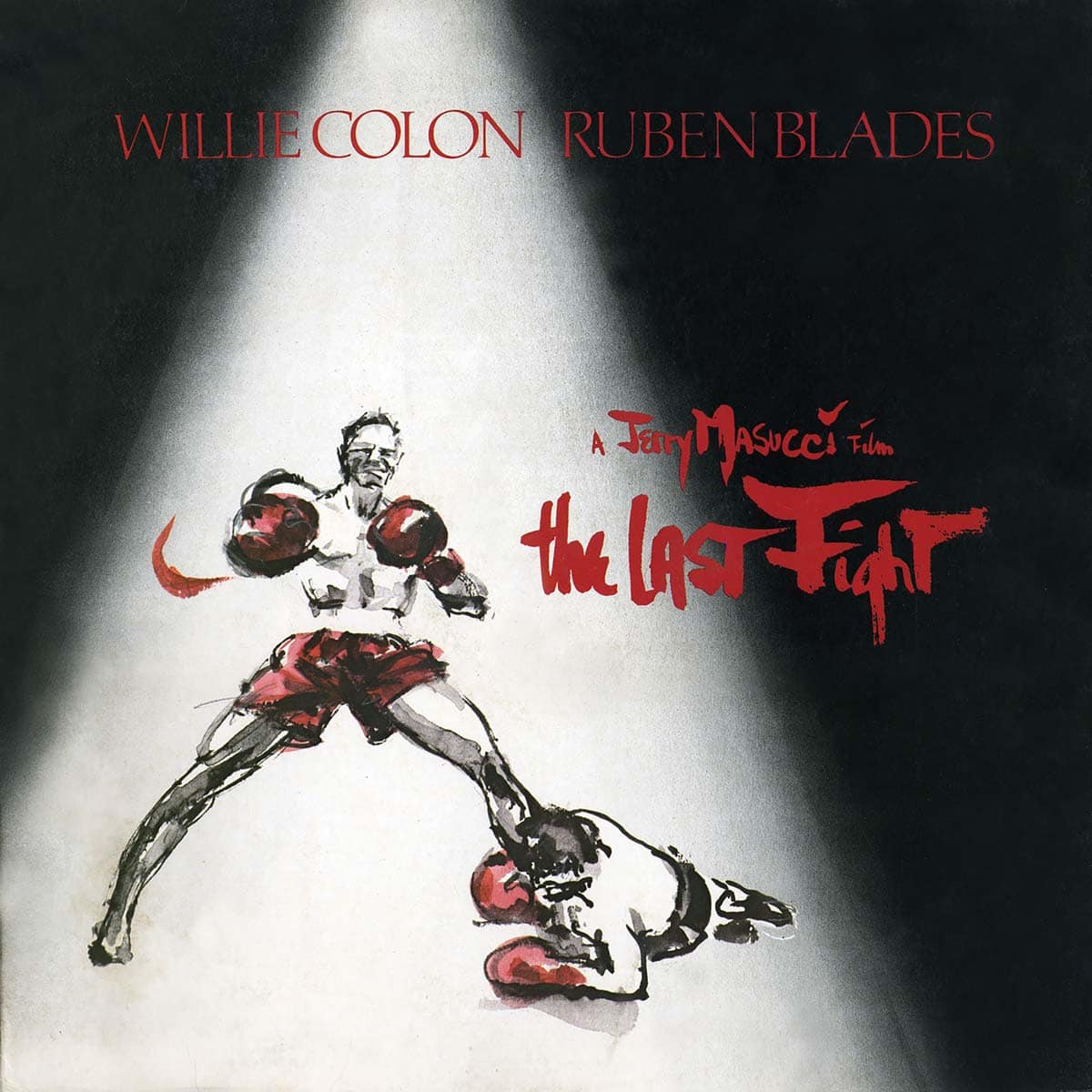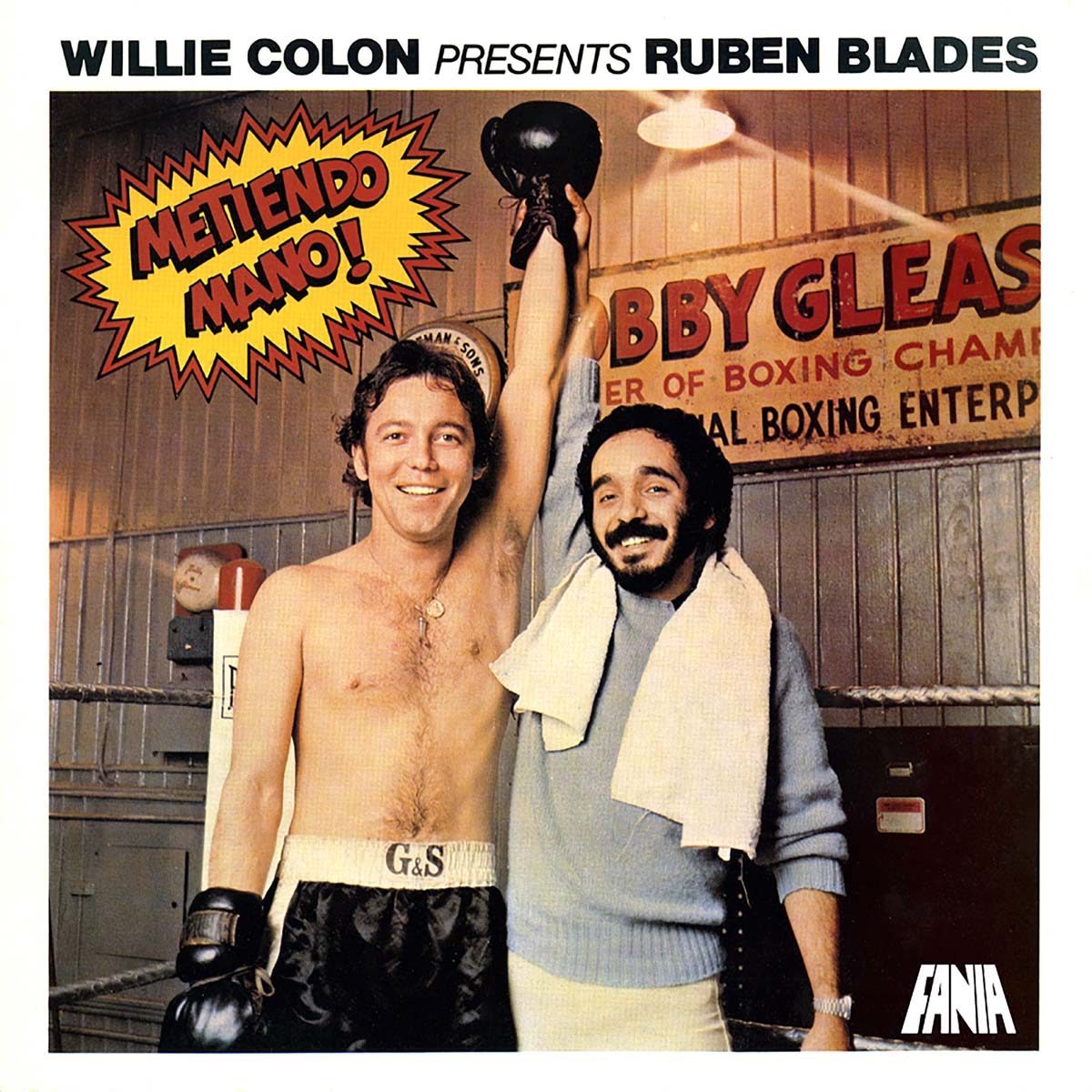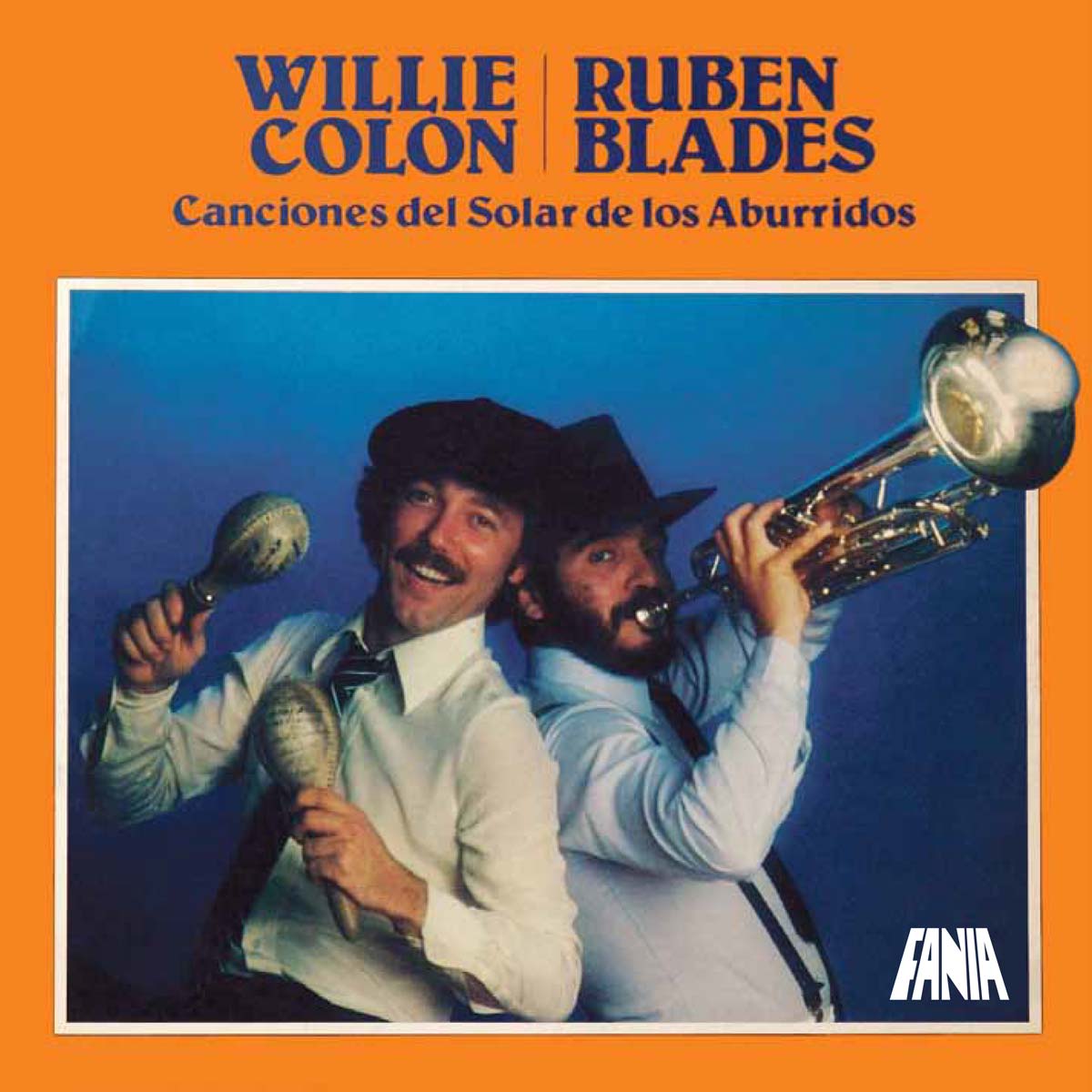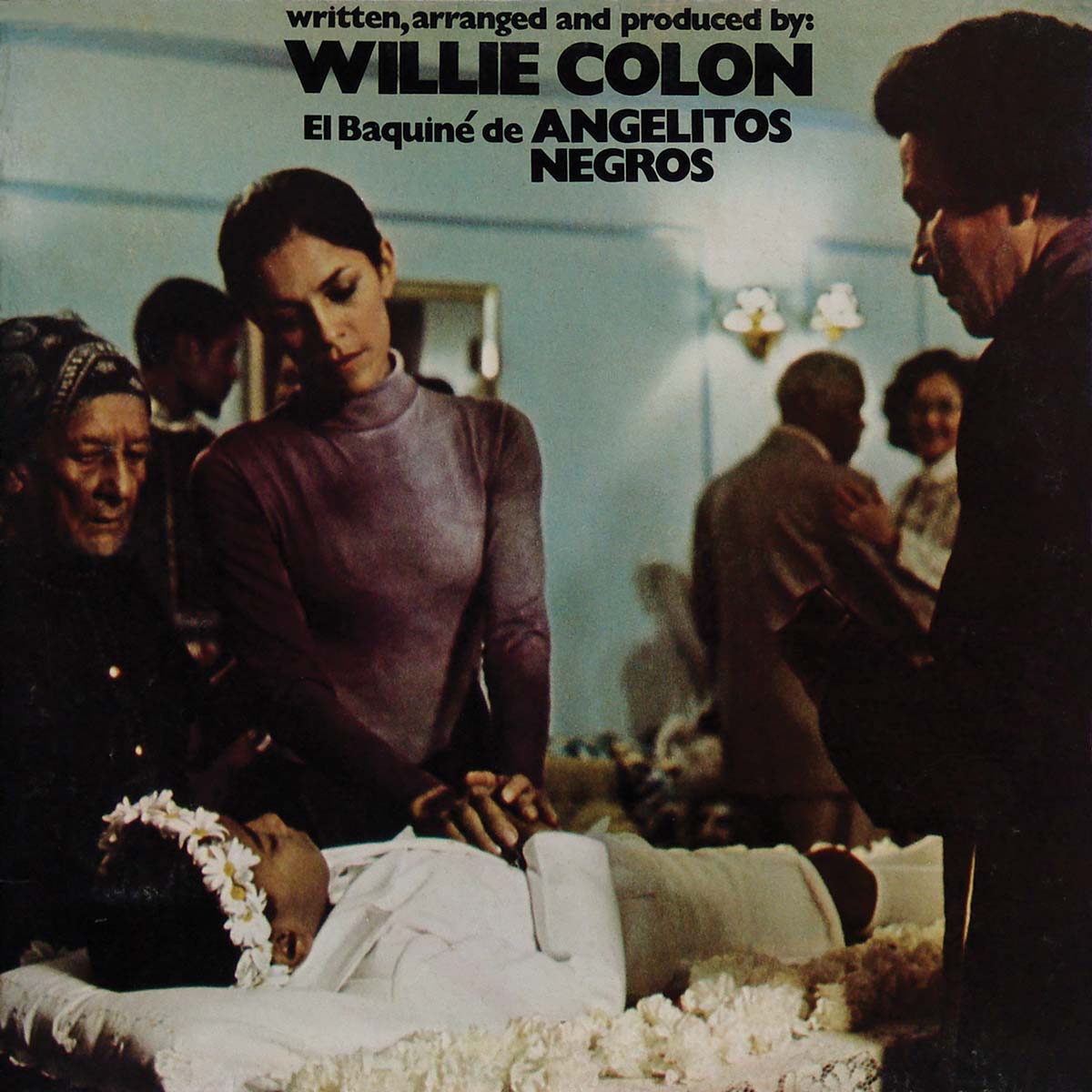
“El Baquiné de Angelitos Negros” marks a very important turning point in Willie Colón’s prolific salsa career. Firmly heralded as a salsa icon by 1977, the year this album was originally released, Colón was already looking for alternate musical roads.
Although by 1975 there were already sketches of his orchestral approach, the truth is that the salsa world wasn’t yet ready for this album, considered by many as the album that truly patents the symphonic salsa modality. The first suite starts with “Angustia Maternal”, an ingeniously orchestrated strings and synths orgy that develops later, this time a drum orgy commanded by virtuoso Gene Golden. “Camino Al Barrio” is a vehicle for Panamanian Víctor Paz, considered by many (myself included) as the best lead trumpeter in Latin music’s history. The large band takes a rest for “Son Guajira Del Encuentro”, giving way to an almost traditional Cuban son band (conjunto), emphasis on the word almost justified by the presence of Tipica 73’s Alfredo de la Fe taking over the trumpet’s traditional part with his violin, and virtuoso Yomo Toro delivering here his traditional mastery on his custom Puerto Rican cuatro instead of a Cuban tres.
The remaining members of this conjunto are Ernie Agosto on bongos (La Conspiración’s leader, this band recording for Vaya Records under Colón’s keen eye) and Raymond Orchart on claves. Yomo introduces the “Angelitos Negros” main melody without accompaniment. Later, the rhythm section of Luis Timbalito Romero, Milton Cardona, José Mangual Jr. and Brazilian drummer José Cigno leads the orchestral attack, icing on the cake provided by virtuoso veteran Bobby Porcelli, New York’s finest big band alto sax player (for many, New York’s finest alto sax player, period). “Cuatro por Tres” is a mischievous montuno where Colón deliberately crosses the clave patterns before giving way to a splendid flute solo by Panamanian virtuoso Mauricio Smith. Starting from a Puerto Rican bomba sicá, “Acuérdate” recaptures the “Angelitos Negros” main melody, ending the first suite (and the original album’s side A). Second Suite starts again with Toro introducing the main theme “Angelitos Negros II”; however, action comes to a screeching halt, as Paz’s solo trumpet introduces “Para Los Viejitos”, practically a reprise of “Acuérdate” at the end. If “El Baquiné de Angelitos Negros” ever had an identifiable single track, this is definitely “Apartamento 21”, a vehicle for Cardona’s melodic approach on his three congas and his stunning interaction with his lifetime sparring partner Mangual. “8th Avenue”, this tune later reprised for the ending credits, recaptures Colón’s 1975 flirting with funk. “8th Avenue” also works as the perfect frame for Barry Rogers, salsa’s most influential trombonist and, fittingly, the person who inspired a young Colón to pursue a career with the instrument that raised him to fame. Suite ends on a festive note with Golden, Cigno, Romero, Cardona and Mangual leading a traditional comparsa for “El Baquiné”, culminating it in high fashion with a romping 6/8 routine that fades out. For those who actually had access to Fania’s cassette version of this album, they might be familiar with the non-deliberately added outtake of “El Baquiné”, appearing at the very end of the cassette’s side B and complete with the actual band stop and even some slightly audible chitchat between musicians. Nineteen ninety-seven was perhaps too early for salsa audiences to digest a symphonic (and purely instrumental) solo effort by maestro Colón, but by all accounts, this was the right moment.
In the same fashion that Miles Davis broke up blatantly with his glorious past to construct single-handedly the path that others would follow after his Bitches Brew, Colón decided to break up with his own glorious past and construct new paths in the salsa world… again. See this album as a very daring gambit: an album that, although not fully comprehended at its original release time, has gracefully stood the test of time.
Album Credits: Written, Arranged and Produced – Willie Colón Original Photos – Christopher Kogler and Adrian Mecer Original Liner Notes – Humberto Cintrón Musicians: Willie Colón – Leader Marty Sheller – Conductor Ernie Agosto – Bongos (“Son Guajira Del Encuentro”) W. Sanford Allen – Violin Milton Cardona – Conga (solo “Apartamento 21”) Jose Cigno – Trap Drums Selwart R. Clarke – Cello Alfredo De La Fe – Solo Violin (“Son Guajira Del Encuentro”) Gene Golden – Percussion, Conga (solo “Angustia Maternal”) Andy González – Acoustic (Baby) Bass (“Camino Al Barrio”, “Apartamento 21”) Rodgers Grant – Piano (“8th Avenue”) Lewis Kahn – Trombone Kathryn Kienke – Violin Gloria Lanzarone – Cello Tom Malone – Synthesizer Jose Mangual Jr. – Bongos (solo “Apartamento 21”) Eddy Martinez – Piano Yoko Matsuo – Violin Kermit Moore – Violin Alphonse Mouzon – Trap Drums (“8th Avenue”) Raymond Orchart – Percussion Victor Paz – Trumpet (solo “Camino Al Barrio”, “Para Los Viejitos”) Bob Porcelli – Alto Sax (solo” Angelitos Negros”), flute Edward M. Rivera – Electric Bass Mario Rivera – Baritone Sax Barry Rogers – Trombone (solo “8th Avenue”) Louis Romero – Timbales (solo “Apartamento 21”) Mauricio Smith – Piccolo and Flute (solo “Cuatro Por Tres”) Louis M. Soloff – Trumpet Yomo Toro – Guitar and Cuatro (solos “Angelitos Negros”, “Son Guajira del Encuentro”)
Written by Thomas Muriel


